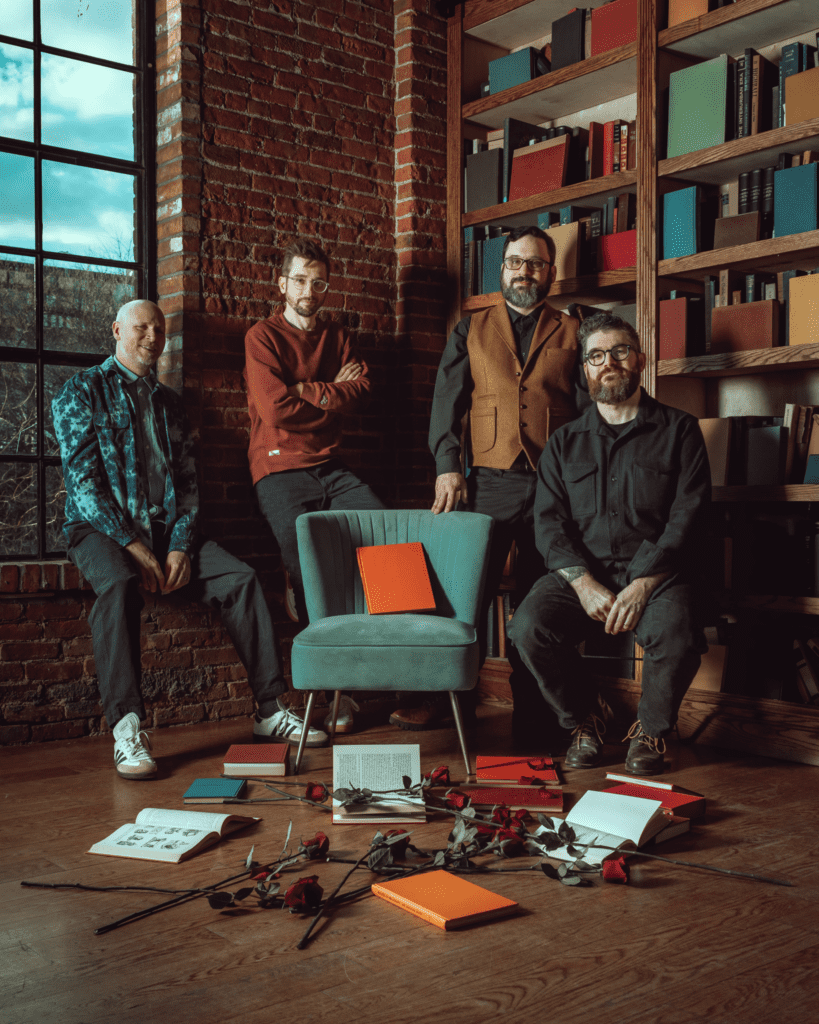MUS 513: Topics in 19th- and Early 20th-Century Music: Abstraction
This semester explores the origins and exploitation of the concept of abstraction in music from circa 1910. There is some discussion of the articulation of the term in the visual arts (Kandinsky, Klee), but the seminar centers on the syntax of the modern, late modern, and after modern periods in 20th century music history. Repertoire discussed includes Schoenberg, Babbitt, and Feldman, and both “dissonant” and “consonant” abstraction. Besides active seminar participation, formal requirements include written responses to the listening/viewing assignments, music and dance analyses, and a final research paper on a pre-approved topic.
MUS 527: Seminar in Musicology: Interdisciplinarity in Music Studies
Is there a music studies? Should there be? How can its various subdisciplines sustain productive dialogue with one another? This course invites students to think about the purposes and practices of music research. In addition to engaging the scholarly literature on music and interdisciplinarity, students also engage in hands-on practicums in reading, writing, and communicating across disciplines. Students are encouraged to bring their own subdiscipline into the classroom – the broader the range of backgrounds in the class, the more successful it will be.
MUS 528: Seminar in Musicology: Digital Musicology
Until recently, source scarcity was the norm for the study of early music, and its methods were built to respond to that condition. In the past decade, the situation has been turned on its head; we now have a larger and more various corpus of musical data at our fingertips than we can make sense of. This skills-building seminar draws on campus resources for digital humanities to practice new techniques and approaches to the digital corpus of premodern music, and imagines how these skills change the histories we can tell. Final papers should be historiographically fresh.
MUS 531: Composition
Emphasis is placed upon the individual student’s original work and upon the study and discussion of pieces pertinent to that work.
MUS 534: Ends and Means: Issues in Composition
In this seminar, we study musical forms and patterns. The topics include existing musical forms like formes fixes, contrapuntal forms, and sonatas; parallels and disjunctures between music and literature in the ways time, perspectives, and narratives are shaped; and music inspired by geometrical shapes and patterns (polygons, fractals, tessellations, spirals, waves, etc.), both man-made and natural. We explore concepts such as self-similarity, (a)symmetry, and exponential changes. The objective is to broaden our understanding of musical form and develop creative narrative strategies.
MUS 545: Contexts of Composition: Composing for Orchestra
The course investigates available strategies for harnessing the vast potential of the orchestra for an individual and personal vision. Notation, instrumental acoustics, and the psychology of the humans that play them are discussed in the context of score study, compositional exercises in response to prompts and free composition.
MUS 548: Creative Practice in Cultural Perspective: Ethics in the Arts
The creative arts are often idealized for their virtue and transcendence, for their ability to enrich and inspire. However, such idyllic notions risk overlooking difficult ethical issues that may arise in artworks, as well as in the arts world. This seminar considers a wide range of artworks to ask, what might truly ethical arts practices look like? Topics are largely student-driven and may include participants’ own creative work. Possible areas of focus include critique and reenvisioning: restaging of canonical works, reshaping the canon, representation of (dis)ability, and inclusion more generally.
MUS 560: Music Cognition Lab
Under the direction of a faculty member, and in collaboration with an interdisciplinary group of students, visitors, and postdocs, the student carries out a one-semester research project chosen jointly by the student and the faculty. Open to any graduate student in Music, this course provides a hands-on opportunity to learn the tools, skills, methods, and perspectives of music cognition research.

